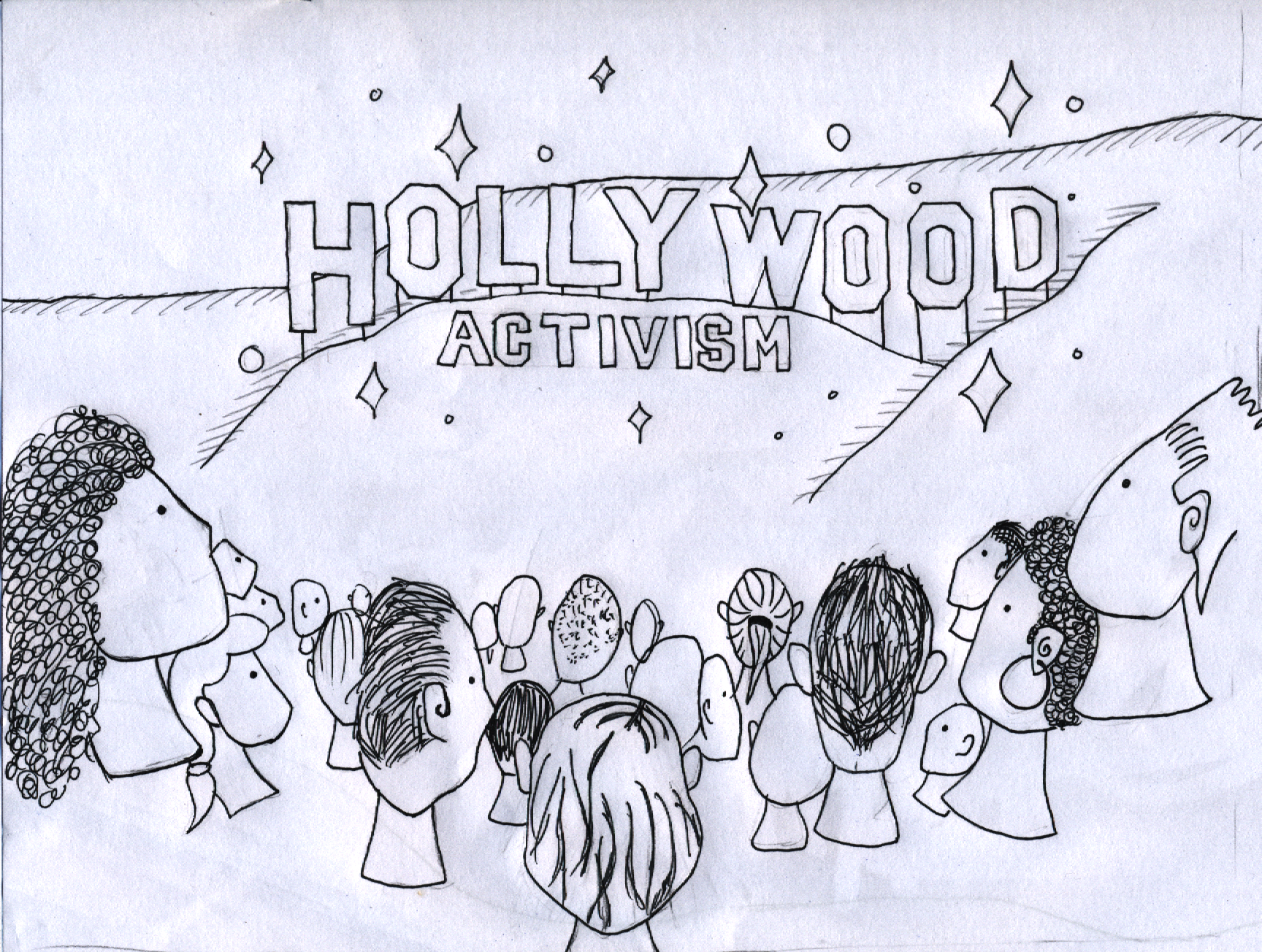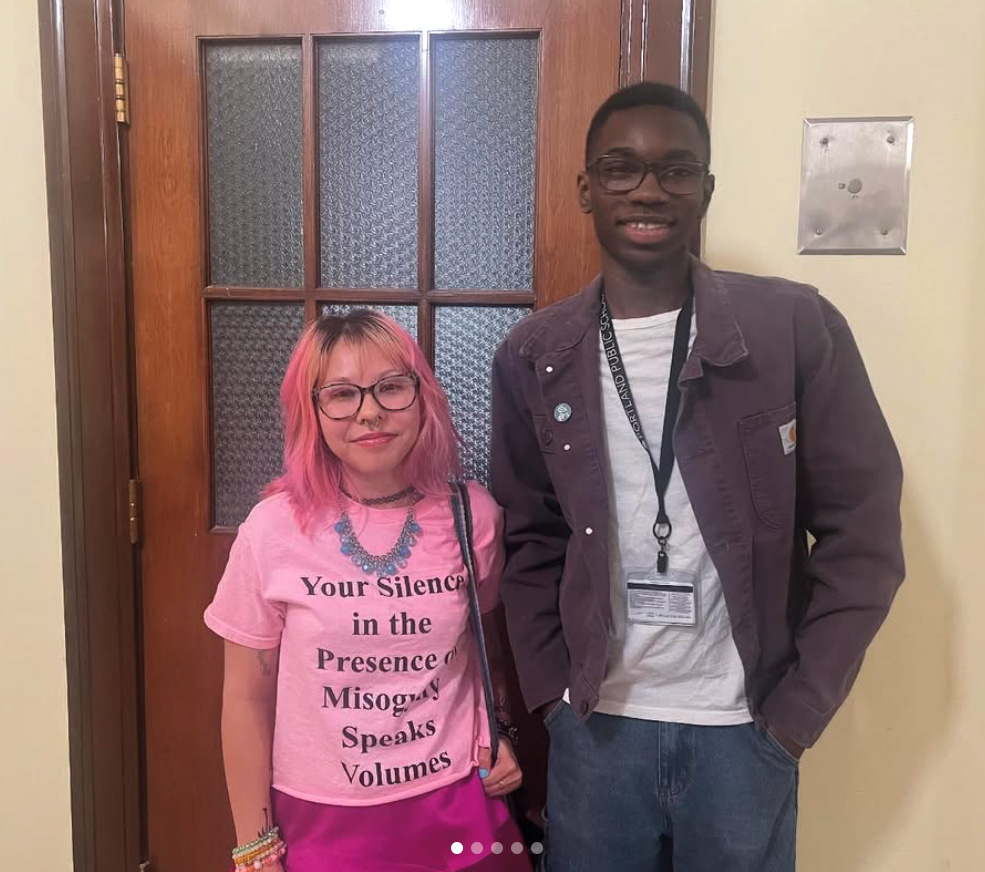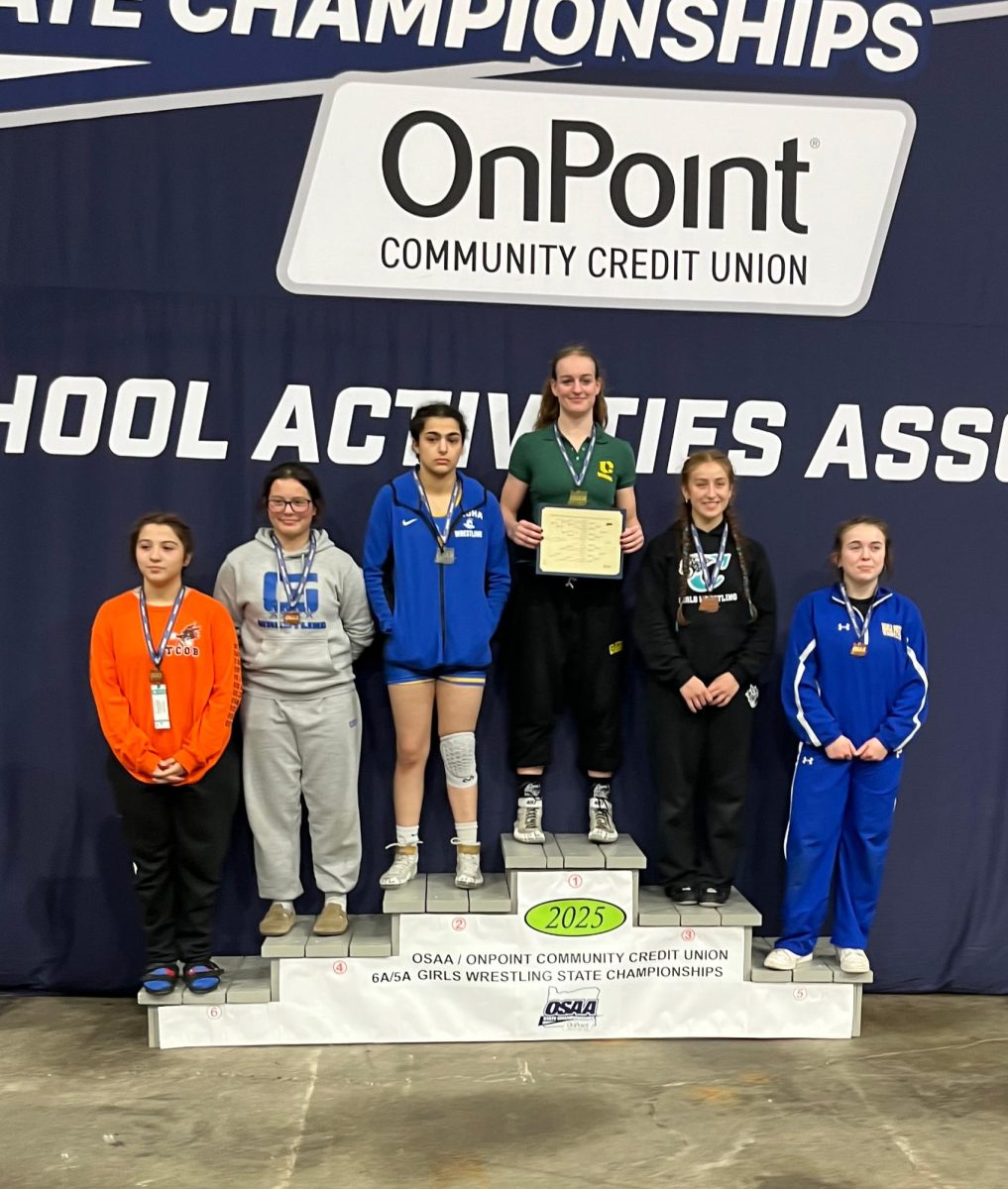Oscars Activism: What Works and What Doesn’t
March 21, 2018
The Academy Awards have always been a prime place to make a statement due to their status as a celebration of creativity that captivates the world’s attention. This year brought a special focus on women in Hollywood: women stepping out of the shadows to stand up to abuse, women telling the stories of other women, women telling their own stories.
But this year, watching the Oscars felt like observation of an echo chamber. While it was admittedly inspiring to watch people, particularly women, I admire be recognized for their achievements and give amazing acceptance speeches, it felt a bit bland. Similar sentiments were brought up again and again as the individuals who chose to use this night as a political platform resorted to oft-repeated catchphrases and polite reminders designed to appeal to a group that all shared the same opinion. This is in stark contrast to the sustained fire and anger that ignites real change. Preaching a view that everyone holds does not do much in the way of sparking conversation and a re-examining of beliefs.
I applaud politically active actors and actresses for capitalizing on their platforms and using their hyper-visibility in media to further a cause. But more often than not it feels hollow, and inspiration does not last beyond the 30 second acceptance speech. My intent is not to discourage celebrity activism, but merely put a critical lens on it. I do not want to see celebrities sticking a pin on their jacket or wearing a certain color dress only to go home and pat themselves on the back, feeling like they are on moral high ground.
This does not mean that the Oscars is not the time and place for political statements. That same “shut up and dribble” (what Fox News host Laura Ingraham tweeted at Lebron James after he brought up politics in an interview) mentality that is applied to athletes is similarly applied to actors: shut up and act. Limiting people’s public speech based on their occupation is the antithesis of encouraging meaningful conversation. I just wish Hollywood activism was less diluted and sparked change beyond the ceremony.
The main problem with Hollywood activism is that is does not trickle down, and is not a galvanizing force for the average viewer. It is the other way around; the tireless work of grassroots activists steadily works its way into mainstream society until it is widely accepted, homogenized, and usually watered down. Therefore the role model argument- that celebrity performative activism is important because they are role models- is largely irrelevant, as revolutionary ideas are often adopted last by the elite.
Wearing a certain color dress or sticking a pin on your suit does not mean anything if you do not carry your message beyond the carpet. Additionally, quick one-liners with a political jab do not constitute activism and translate as jumping on a bandwagon. At best, these actions are hypocritical. At worst, they actively harm those affected by the issue or movement at hand by treating them as a prop and as a headline-sparking tool.
One of the most refreshing moments of the night was Frances McDormand’s Best Actress acceptance speech for her role in “Three Billboards Outside Ebbing, Missouri.” She took a moment to acknowledge all of the female nominees, inviting them to stand. “Look around, ladies and gentlemen, because we all have stories to tell and projects we need financed. Don’t talk to us about it at the parties tonight. Invite us into your office in a couple days, or you can come to ours, whatever suits you best, and we’ll tell you all about them,” she said. From the beginning, she was encouraging action post-ceremony in the way of gender equality. Putting money behind women’s ideas does a lot more than merely nodding along when gender equality is discussed. Financing movies directed by, written by, and starring women is an active step that can be taken by Hollywood to shift the lens.
But she took her message a step further by concluding her speech with “I have two words to leave you with tonight ladies and gentlemen: inclusion rider.” An inclusion rider is a clause an actor or actress can insist on putting in their contract to ensure gender and racial equality in hiring on movie sets. In some cases, the clause states that the gender distribution of primary speaking characters should match the gender distribution of the movie or television show setting.
McDormand set the wheels in motion for tangible action, an example that will be followed as celebrities learn to develop their activism to a point where it inspires real action. Leading by example is powerful, but it is of no use if the example set does not translate.










